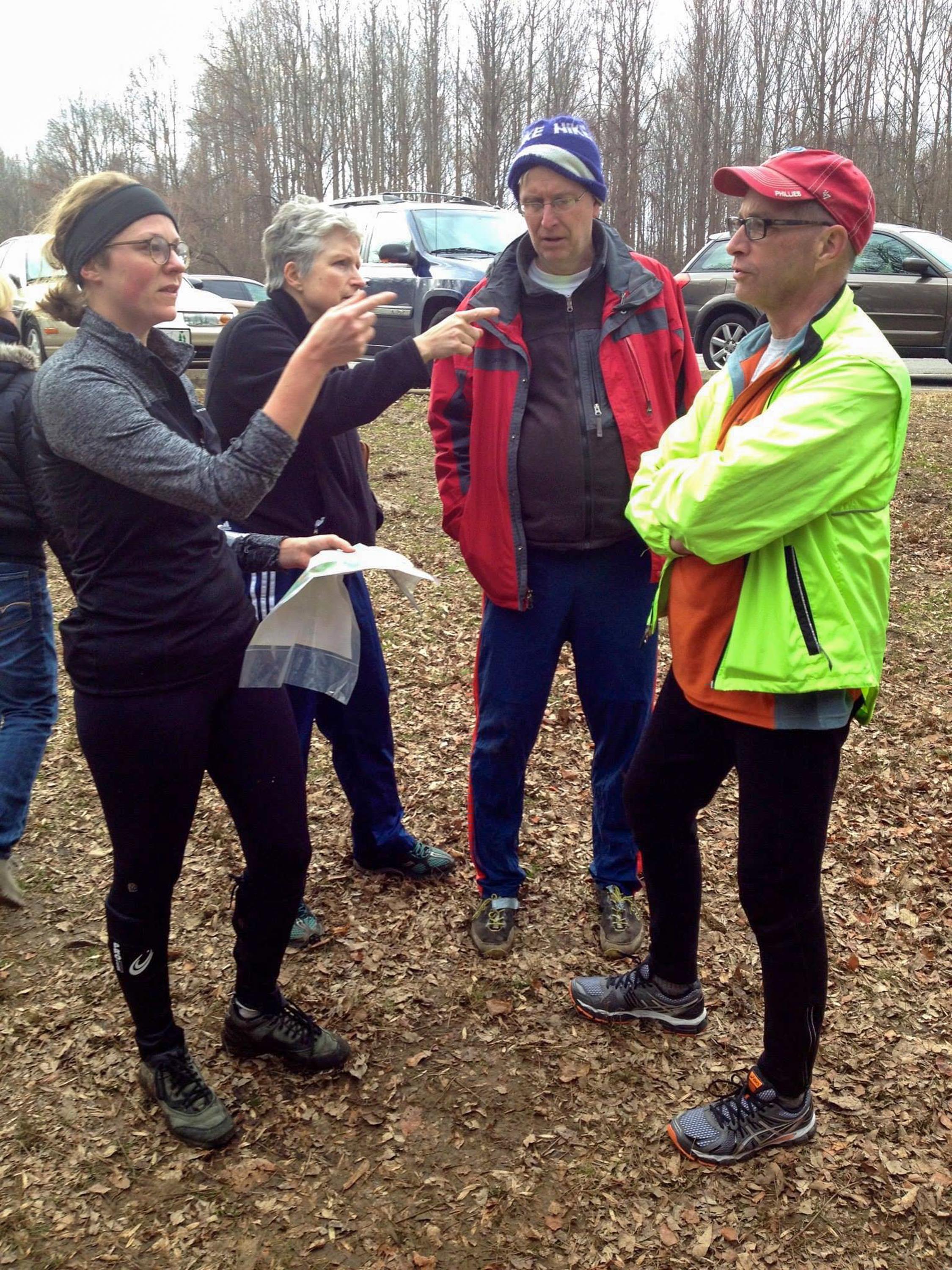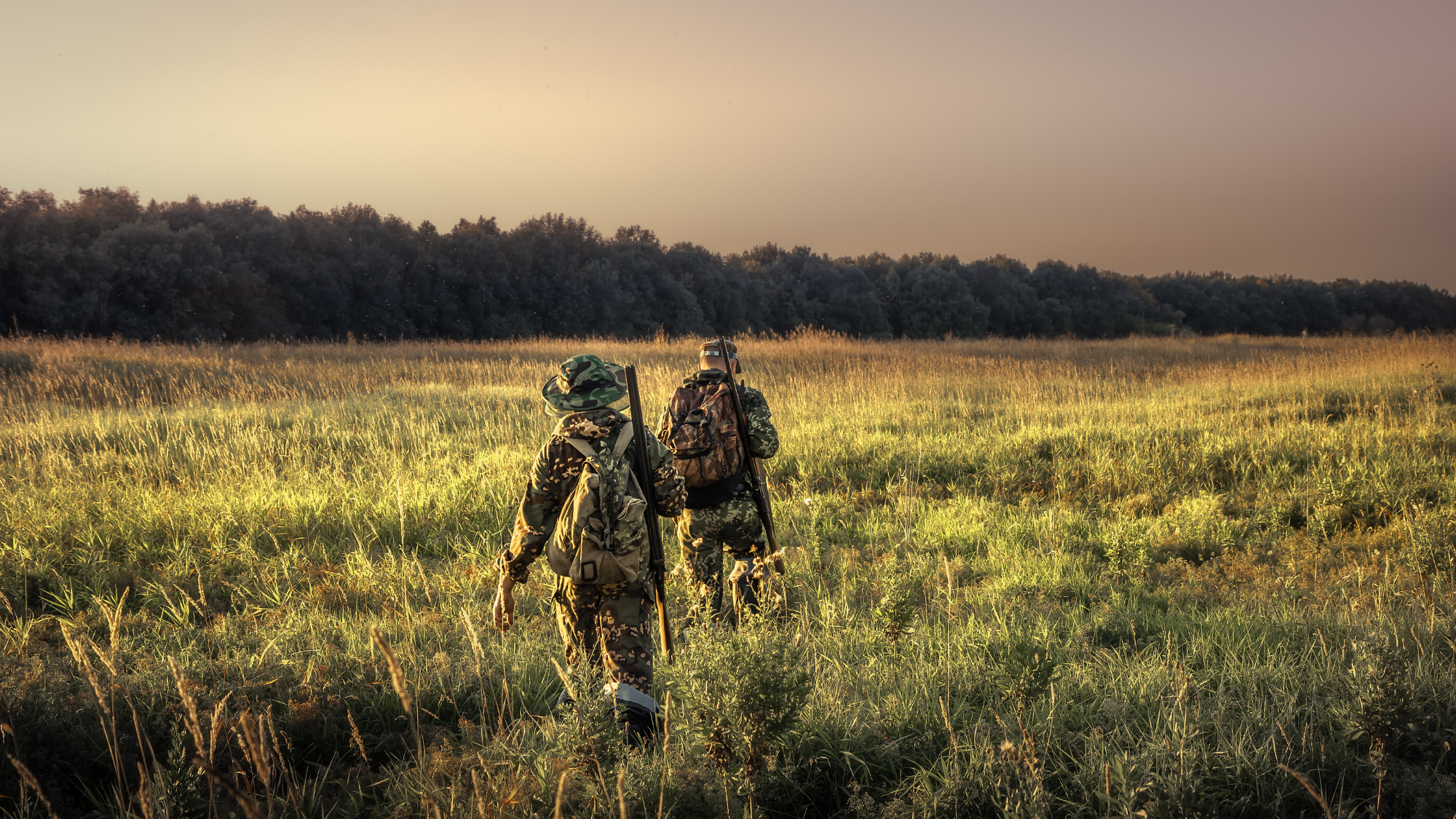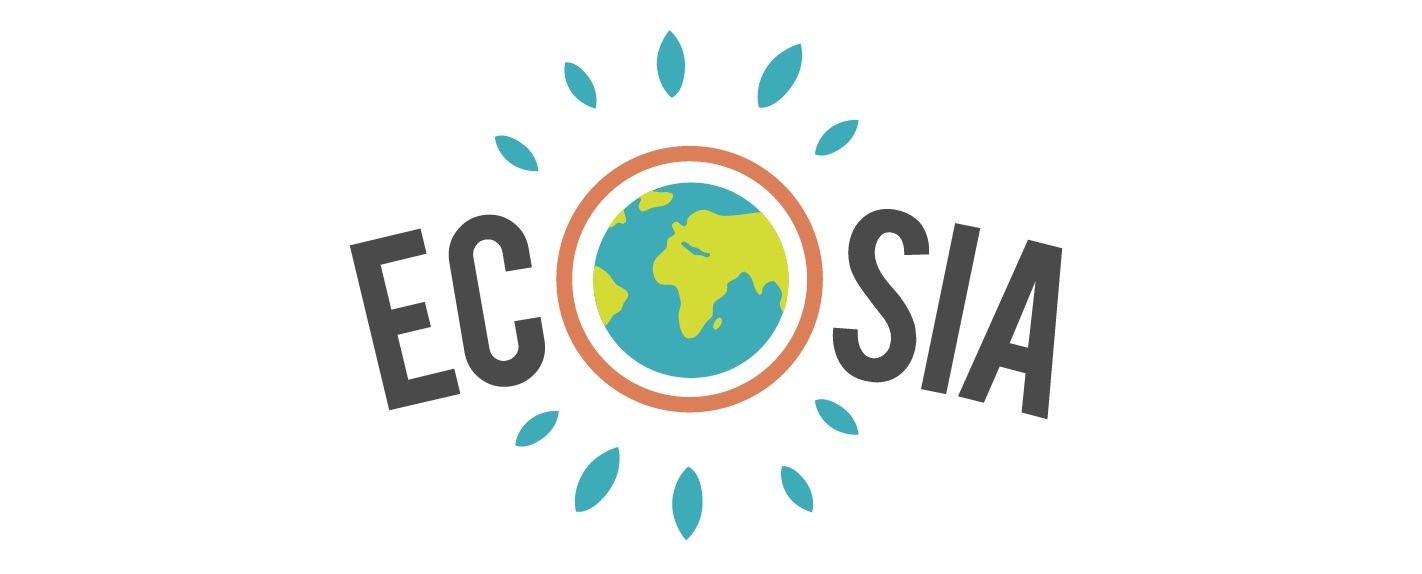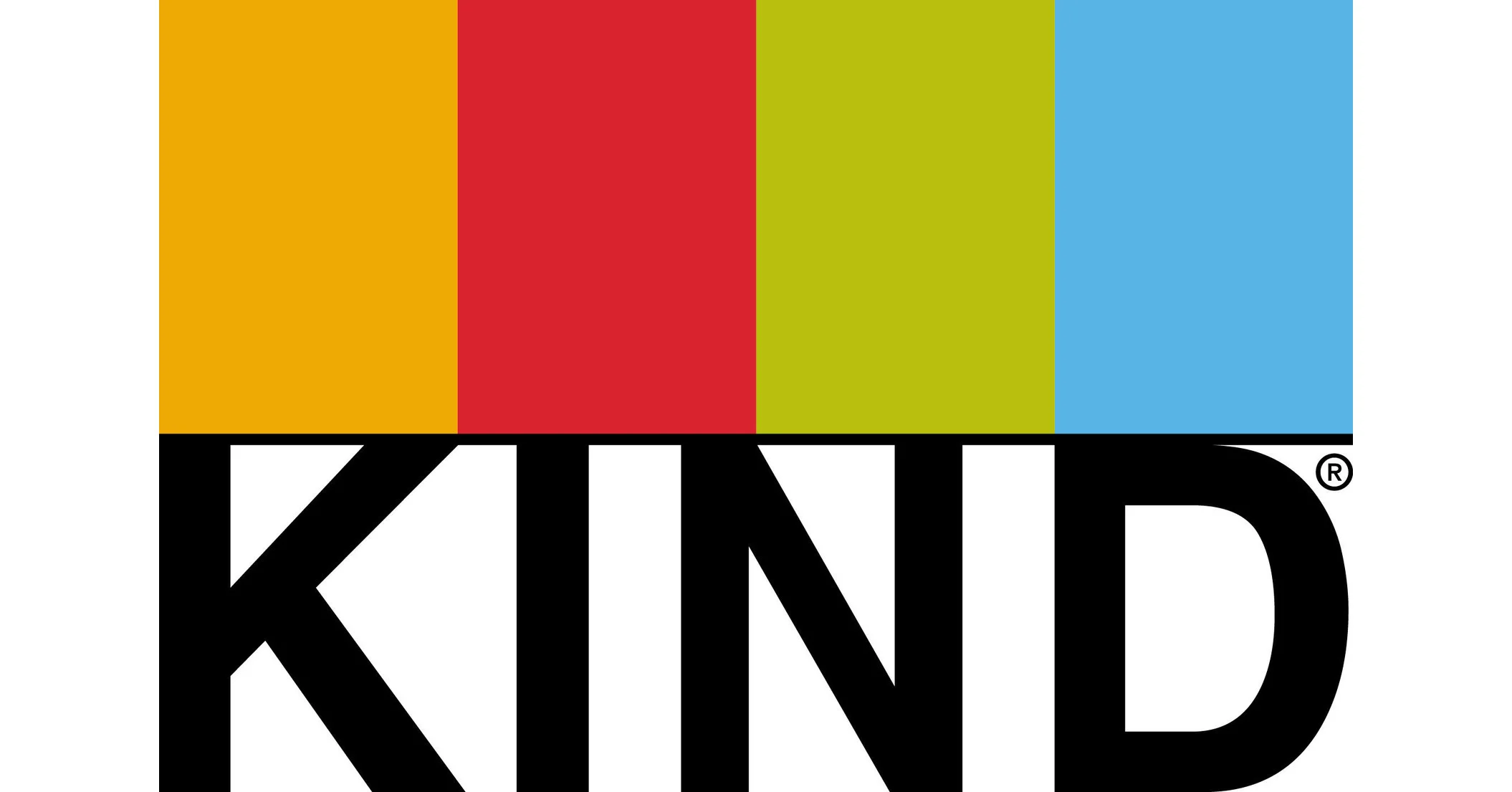Keeping It Fresh
/Finding wonder in a city that you’ve come to know too well
When Halimah Marcus moved to Brooklyn, she took pride in getting to know Prospect Park. Running the park’s 3.5-mile loop over and over, as she trained for half marathons, was a comfort — a way to clear her mind.
But eventually, her little oasis lost its luster. After logging hundreds of miles on the same loop, she knew every twist and turn, every tree. There was nothing new to look forward to.
“Maybe it would be easier if I was one of those people who truly loved running. But these days, running has become, for me, similar to the way Dorothy Parker described her relationship to writing: ‘I hate writing,’ she said. ‘I love having written.’”
On this episode, Halimah shares her story. It’s a story about finding adventure when your only access to nature is city parks — about trying to ward off boredom when the places you play become overly familiar.
Halimah Marcus discusses an orienteering route (Photo courtesy Halimah Marcus)
Want to learn more about orienteering? USA Orienteering has all the info and can point you to clubs near you.














































